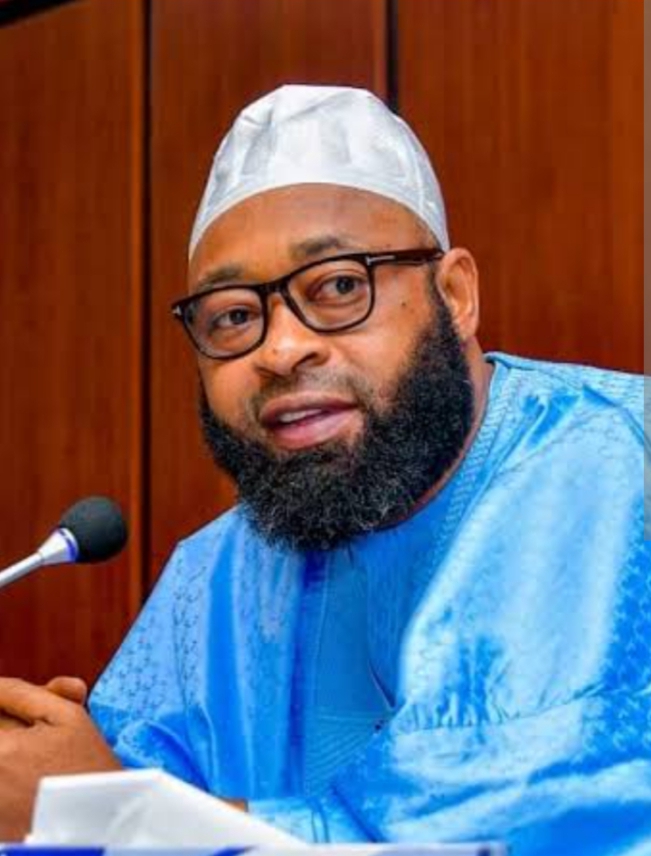The Niger Planning Commission, led by its Commissioner, Mustapha Ndajiwo, has presented the abridged version of the citizens’ budget to Gov. Umaru Bago.
This marked a significant step towards ensuring inclusion, transparency and accountability.
The ‘Niger budget of the future’ has been developed to make government finances more accessible and understandable for its citizens.
Presenting the budget in Minna on Saturday, Ndajiwo said it was aimed at a providing a simplified version of the approved estimates presented in an infographic for the citizens
According to him, this is to make them clearly understand the intent of the government.
According to the plans, it is one of the positive innovations adopted from the state’s participation in the Open Governance Partnership Initiative.
Ndajiwo stated that the advent of the citizens’ budget has brought a new dimension to the participation of citizens in governance.
It has also increased their understanding of government finances, involvement in decision making, and the implementation of the budget.
This also promotes transparency, accountability and inclusiveness.
The current edition is the seventh in the series of citizens’ budgets produced by the state.
It outlined all the government expected revenues and their sources, including loans and grants.
The highlights of expenditure, both recurrent and capital, are also defined alongside government entities responsible for their process of coordination.
This increases citizens’ awareness and gives them the power to engage in meaningful discussions with the government.
The Commissioner said that grants were funds given to the government as an assistance to complement its efforts in the execution of projects.
Also, gants are non-refundable funds in the form of aid or gifts to enable government impact on the citizens
In the pursuit of the transformation in building a ‘New and sustainable Niger’, the 2024 budget is focused on some priority areas.
According to him, they include: Urban renewal and rural transformation, security of lives and property, infrastructural development, agriculture and food security, health and education.
Others are: Water and sanitation, women and children, environmental, sustainability, special needs people and elderly care, among others.

